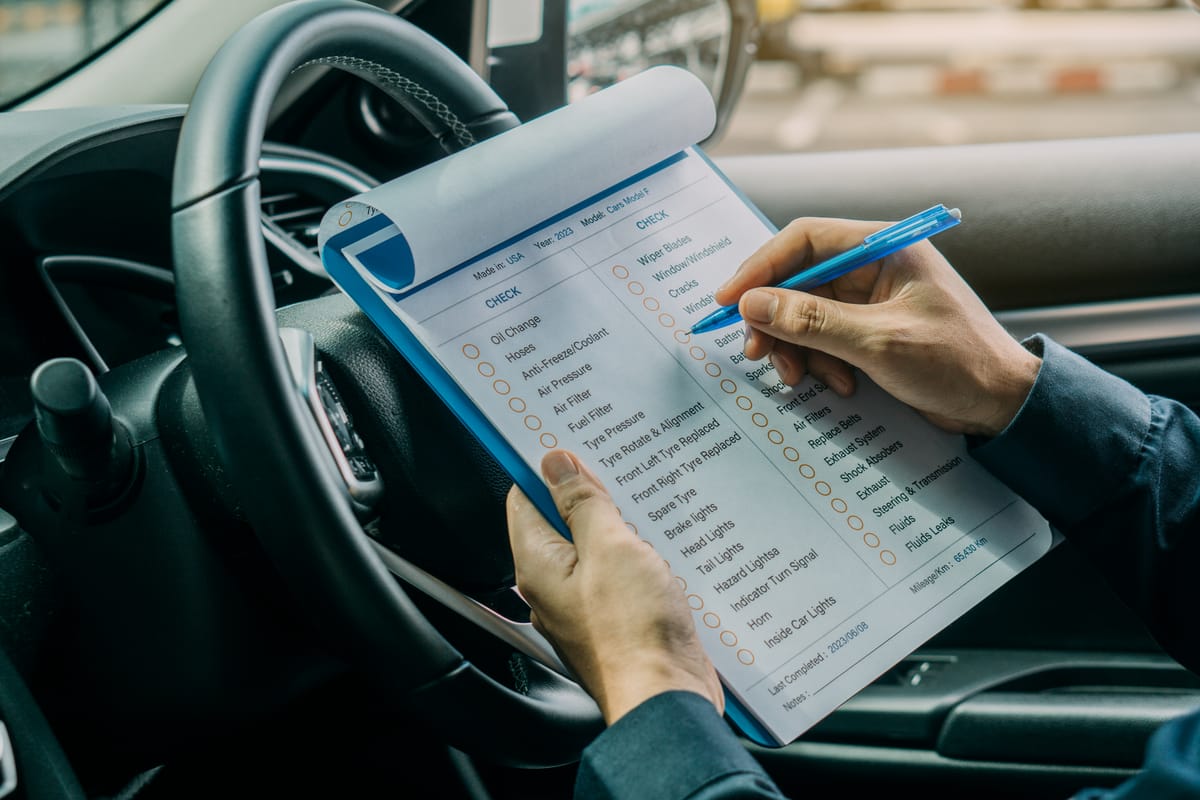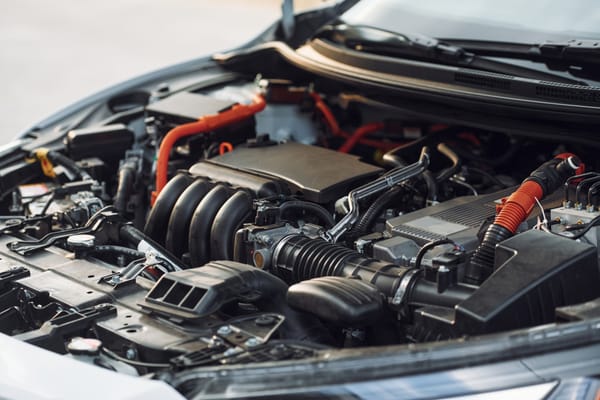Don’t Get Played: The No-Nonsense Kenyan Guide to Vehicle History Reports

You’ve found the perfect ride. The price is sweet, the paint is shining, and the seller says “no issues, boss.” But before you hand over your cash and drive off into the Nairobi sunset, there’s one crucial question:
Do you actually know this car’s story?
Because in Kenya, what you see isn’t always what you get. That clean Toyota Vitz? It might have survived floods, four owners, and a small crash in Mombasa you’ll only discover when the dashboard starts blinking SOS.
The fix? A vehicle history report. It’s not just a boring document - it’s your protection against buying someone else’s problem.
So what exactly is a Vehicle History Report?
A Vehicle History Report (VHR) is like a car’s truth serum. It pulls data from NTSA, insurance companies, repair shops, auctions, and other records to give you a full picture of the car’s past.
Think of it as your car’s CV - except it can’t lie, pad its mileage, or pretend it was only "lightly used by a careful owner."
Whether you’re shopping for a used import or a local daily runner, a VHR helps you know what you're buying before you buy it.
Why You Can’t Afford to Skip This in Kenya
Here’s the thing: Kenya’s car market is wild.
- Over 85% of vehicles on our roads are used imports
- Many have been through jua kali repairs or overseas accidents
- Some are flood-damaged, stolen, or tampered with
- 1 in 5 cars has undisclosed issues, according to KMIA
With a VHR, you can spot:
- Hidden accident damage
- Odometer tampering
- Theft records
- Flood or salvage branding
- Dodgy ownership history
In short: you avoid buying a ticking time bomb.
How It Works: The Chassis Number is Key
Every car has a Vehicle Identification Number (VIN) - also called the chassis number. It’s a unique 17-digit code that works like a car’s fingerprint.
Once entered into official or third-party databases, it pulls records like:
- Past ownership and transfers
- Insurance claims
- Service and repair logs
- Auction history
- Status updates (salvaged, written off, etc.)
If a seller won’t share the VIN or logbook? Walk away. Murife do what?
What You’ll Find in a Good Vehicle History Report
Here’s what a full report typically includes - and why it matters:
1. Accident History
Shows previous collisions, severity, repairs, and safety implications.
Tip: Frame damage? Walk away. Light panel dents? Maybe.
2. Ownership History
Tells you how many times the car changed hands, how it was used (personal, taxi, fleet), and where it was registered.⚠️ Frequent ownership changes = 🚩
3. Legal Status
Includes salvage titles, liens, or any theft reports. A car with unresolved legal claims is a legal headache waiting to happen.
4. Service & Maintenance Records
Shows whether the car received regular servicing or just occasional bandaid fixes. Full records = likely a better-maintained car.
5. Mileage Check
Confirms if the mileage shown matches past records. If it dropped at any point = tampering.
Where to Get a Vehicle History Report in Kenya
You’ve got options - some official, some third-party:
Need help decoding your report? Peach Cars can help you interpret it before you commit.
How to Read It Like a Pro (Without Falling for Red Flags)
Once you have your report, here’s your game plan:
Start With Ownership
- More than 3 owners in 2 years? That’s a red flag.
- Car used as a taxi or fleet? Expect higher wear.
Check Mileage Progression
- Steady increase = good
- Sudden drop = odometer tampering
Accidents & Damage
- Minor damage = negotiable
- Structural/frame damage = walk away
Legal & Title Info
- "Salvage," "flood," or "rebuilt" = caution
- Outstanding loans = no-go until cleared
Service History
- Long gaps in maintenance? Worry.
Regular service with receipts? Green light!
Red Flags to Watch Out For
- Chassis number doesn’t match logbook
- Car says “local” but was imported last month
- Seller dodges questions about mileage
- Report shows unresolved insurance claims
- Ownership changes every 6 months
One red flag? Ask more questions. Multiple red flags? Leave it alone. Wachana nayo kapsaa!! Let Peach get you a clean car.
Final Step: Shop with Confidence, Not Fear
Vehicle history reports aren’t about paranoia - they’re about buying smart. And when you pair a solid VHR with a trusted seller, you're unstoppable.
That’s where Peach Cars steps in.
At Peach Cars, every vehicle goes through a 288-point inspection and full documentation check. We don’t just say it’s a good car - we prove it.
- Verified history
- Transparent records
- Handpicked cars for Kenyan roads




